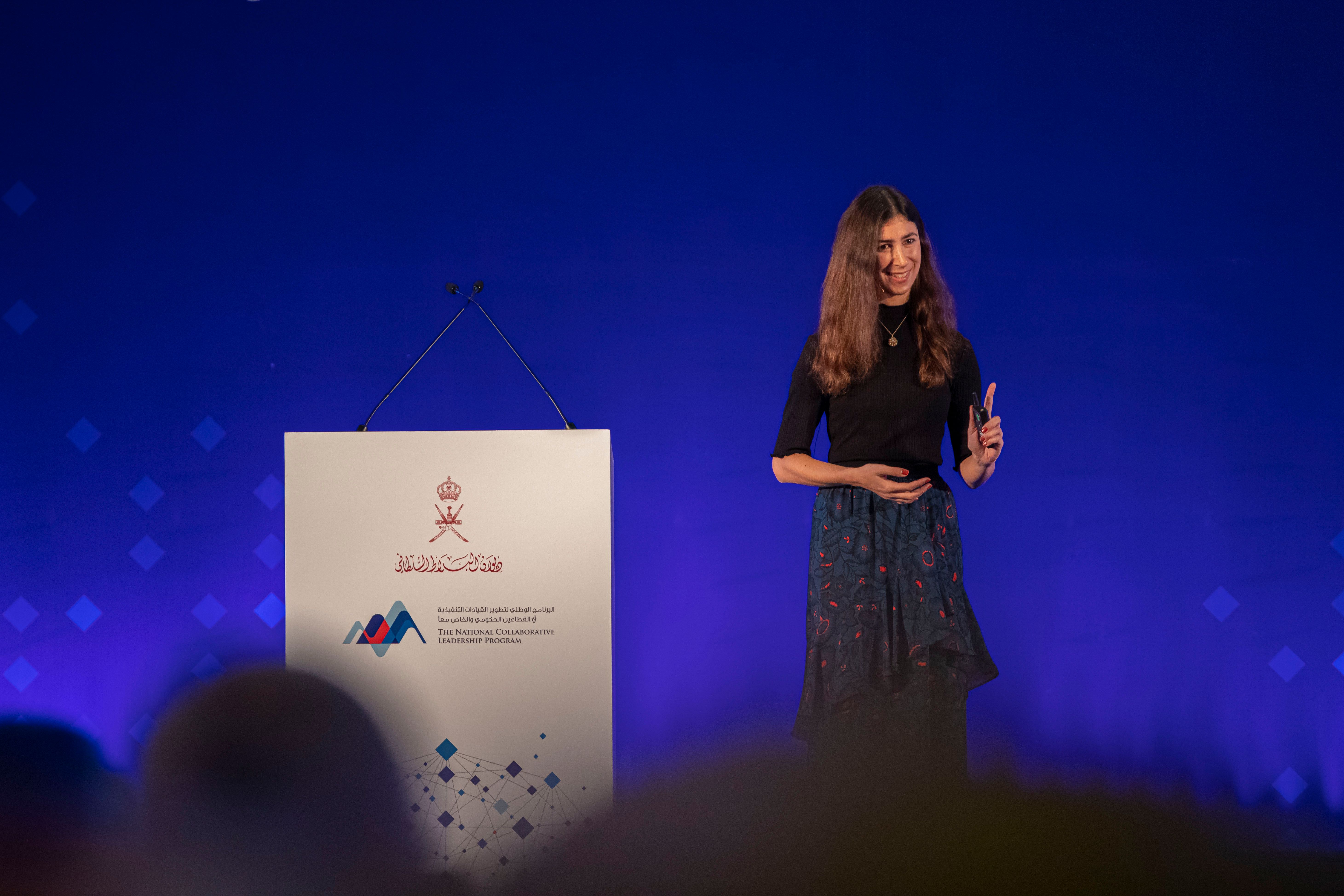Tanya Filer, Founder, StateUp, UK
By Yun Xuan Poon
Women in GovTech Special Report 2020.

How do you use technology/policy to improve citizens’ lives? Tell us about your role or organisation.
I am Founder of StateUp, an insights and advisory firm that bridges that gap between the worlds of policy and technology to improve citizens’ lives. We do that by working closely with public sector organisations, international organisations, and start-ups. Our work includes training, reports, policy guides, and data-driven GovTech insights that aim to cut through the ‘hype’ narratives that sometimes shape this young space.
I also lead the Digital State Project at the Bennett Institute for Public Policy, University of Cambridge, where we focus on research that examines and seeks to improve the capacities of governments as users, developers, and procurers of digital and emerging technologies. I am also fortunate to teach emerging policy leaders about these topics as part of our MPhil in Public Policy.
What was the most impactful project you worked on this year?
I’m proud of the work that we did at StateUp with the UK Parliament in helping our colleagues there to understand how to use digital and emerging technologies to better engage citizens in the work of the select committees. As (in many parts of the world) we remain physically distanced, digital engagement—keeping citizens informed and accessing citizens’ experiences, ideas, and sentiments on key national questions—is proving more critical than ever.
What is one unexpected learning from 2020?
Perhaps not unexpected, but this year has shown just how vital and, sometimes, fragile our supply chains are. Cold chain technologies in particular are going to be crucial for getting the Covid-19 vaccine around the world, including to remote communities.
What tool or technique particularly interests you for 2021?
Technologies that make the built environment greener and encourage human wellbeing, and the organisational and cultural capacity within the sector to enable that transition. In the UK alone, if we were to adjust only how our buildings are constructed, maintained, and used, and how mobility systems are designed and operated, we could reduce harmful C02e emissions by 69 per cent by 2050, while dramatically reducing energy demands. This will take innovation, and require supportive innovation policy. At StateUp, we’re fortunate to be working with the Centre for Digital Built Britain to think about the future of the built environment and the role of digital and emerging technologies within it.
What are your priorities for 2021?
I’m excited and optimistic for 2021, in no small part to the scientific community that has brought promising vaccines into the world so rapidly. The pandemic has driven awareness among policymakers of the increasingly important part that digital and emerging technologies play in our personal and professional lives. I’m therefore particularly excited for various projects in 2021 focused on helping policymakers across regions improve their understanding of the digital world.
What advice would you give to women looking to start a career in GovTech?
It's a young, open space. Don't be shy to contact individuals and organisations that interest you. On a personal note, I am particularly keen to meet women who have founded or are hoping to found GovTech start-ups. Our research into almost 300 GovTech start-ups internationally showed many outstanding developments in the space. But it became clear from this work that there is a significant gender imbalance in terms of founding GovTech teams, like many other technology subsectors. GovTech start-ups contribute to addressing big problems at the intersection of technology and public life. The participation and leadership of smart women is vital to achieve this aim.